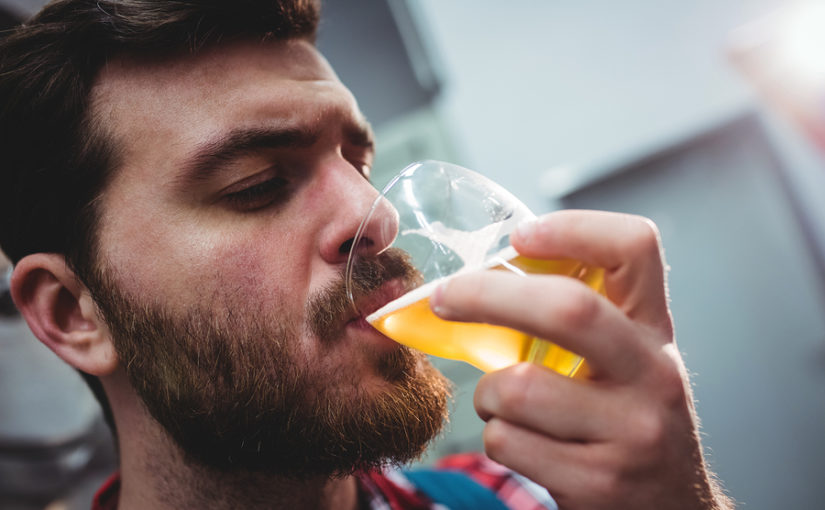There are many factors that determine the ‘sustainability’ of an alcoholic beverage, whether it’s a fine wine or a craft ale from a local microbrewery.
There’s the sustainability of the natural resources used – for example, a reliable water supply, or more recently, worries about the continued availability of CO2 for use in carbonisation.
Of course CO2 produced during the brewing process, and particularly during delivery of beers and wines from the brewery to their point of consumption, is also a worry.
But there are other labels that you might also associate with the concept of sustainable beer, for example Fairtrade, which aims to pay farmers a living wage so they can continue to grow the essential crops needed in brewing, or organic, which aims for minimal negative impact on the environment due to pesticides and other chemicals.
What do we want from wine?
Recent research from Wine Intelligence reveals that eco credentials are high on shoppers’ wish lists where wine is concerned – organic wine tops the list, but close behind that are sustainable production, Fairtrade and environmentally friendly wine.
Across all of these categories, it is clear that many people prioritise wines that are in some way sustainable – whether in their use of resources, their impact on the environment, or their support for the farmers involved in their supply chain.
What about sustainable beer?
Sustainable beer in particular has some unusual credentials, for example Hartlepool-based Camerons Brewery recently listed some of their various commitments to safeguarding the environment.
These include a switch from plastic straws to biodegradable alternatives – one of the most sudden and widespread changes in recent months – as well as efforts to reduce electricity and steam usage in their brewery.
In their 28 managed pubs, along with switching from plastic straws, Camerons serve ales from Toast Ale that are actually brewed using leftover bread from bakeries, with all profits donated to food waste charities too.
Keeping it real
Finally, at the CAMRA Conference in April 2018, members of the Campaign for Real Ale voted to no longer object to the use of so-called ‘cask breathers’, which inject a layer of CO2 into casks to act as a barrier to prevent the beer from oxidising.
CAMRA’s national director Nick Boley said: “I’ve tried to work out the chemistry of why cask breathers were wrong; I couldn’t, and I’m still scratching my head. Cask breathers are a boon for small rural pubs and cafe bars.”
By using such devices, smaller and more remote venues can keep cask ale in good condition for longer – a direct benefit for the sustainability of real ale at the point of consumption.
How to find sustainable ale
There’s an ever-growing number of eco-friendly breweries in the UK, including big names like Adnams, according to CAMRA’s Good Beer Guide, which listed nearly 20 green breweries in 2016.
If you’re not sure, it’s always good to start with your local breweries – at the very least, your next pint will clock up fewer carbon miles on its way to your mouth, and you may also be able to attend brewery tours, open days and ‘meet the brewer’ events at your local pub to check on its eco credentials for yourself.
